As Washington deals with President-elect Donald Trump's contentious nomination of Matt Gaetz for Attorney General, the Senate is in a vital position. The decision of the Senate to confirm or reject Gaetz is muddled by not only personal grievances but serious ethical allegations, presenting undeniable problems for the political process. Now, the question on many Americans' minds is, will the Senate really confirm such a controversial pick?
The Investigation
A pivotal House Ethics Committee meeting is set for November 20 at the heart of the confirmation dispute. Despite Gaetz's retirement from Congress in mid-November after his nomination, the committee's protracted investigation into allegations of sexual misconduct, drug use, and improper gifts still overshadows the proceedings. Although the Department of Justice earlier concluded its investigation without filing charges, numerous Republican senators have insisted on reviewing the committee's findings prior to deliberating Gaetz's candidacy.
House Speaker Mike Johnson's stance against releasing the report has created additional friction. Johnson maintains that since Gaetz is no longer a member of Congress, publicizing the findings would be inappropriate. This position has frustrated senators from both parties who argue that full transparency is essential given the gravity of the Attorney General position.
The Senate Struggle
The confirmation process has exposed deep divisions within Republican ranks. Senator Markwayne Mullin broke with party leadership by publicly insisting that senators must review the ethics report before making their decision. Other Republicans who served alongside Gaetz in the House have privately expressed reservations about his fitness for the role, suggesting a potentially rocky path through the Senate Judiciary Committee.
Democrats have signaled unified opposition, but with Republicans holding a narrow majority, the real battle lies within GOP ranks. Several moderate Republicans face mounting pressure from constituents and legal organizations concerned about Gaetz's qualifications and past conduct. The American Bar Association has already announced plans to thoroughly review Gaetz's legal career and professional conduct before issuing its traditional nominee rating.
Moving Forward
For Gaetz to secure confirmation, he must navigate multiple challenges beyond the ethics report controversy. His limited legal experience compared to previous Attorneys General has raised eyebrows among judiciary veterans. Additionally, his outspoken criticism of the Justice Department during his congressional tenure has prompted questions about his ability to lead the institution effectively.
The FBI background check process, standard for cabinet nominees, has taken on heightened significance given the unresolved ethics investigation. Several senior Republicans have indicated they may withhold support until receiving both the ethics findings and a complete FBI review. This stance reflects growing concern about confirming a nominee with significant unresolved questions about their conduct.
Meanwhile, law enforcement organizations have expressed mixed reactions to the nomination. While some conservative police unions have backed Gaetz, citing his strong support for law enforcement during his congressional career, others worry that ongoing controversies could undermine his ability to lead federal law enforcement effectively.
As confirmation hearings approach, senators must weigh these competing factors against the constitutional imperative to ensure qualified leadership at the Justice Department. The outcome may ultimately hinge on whether Gaetz can convince skeptical Republicans that his vision for the department outweighs concerns about his past conduct and experience.



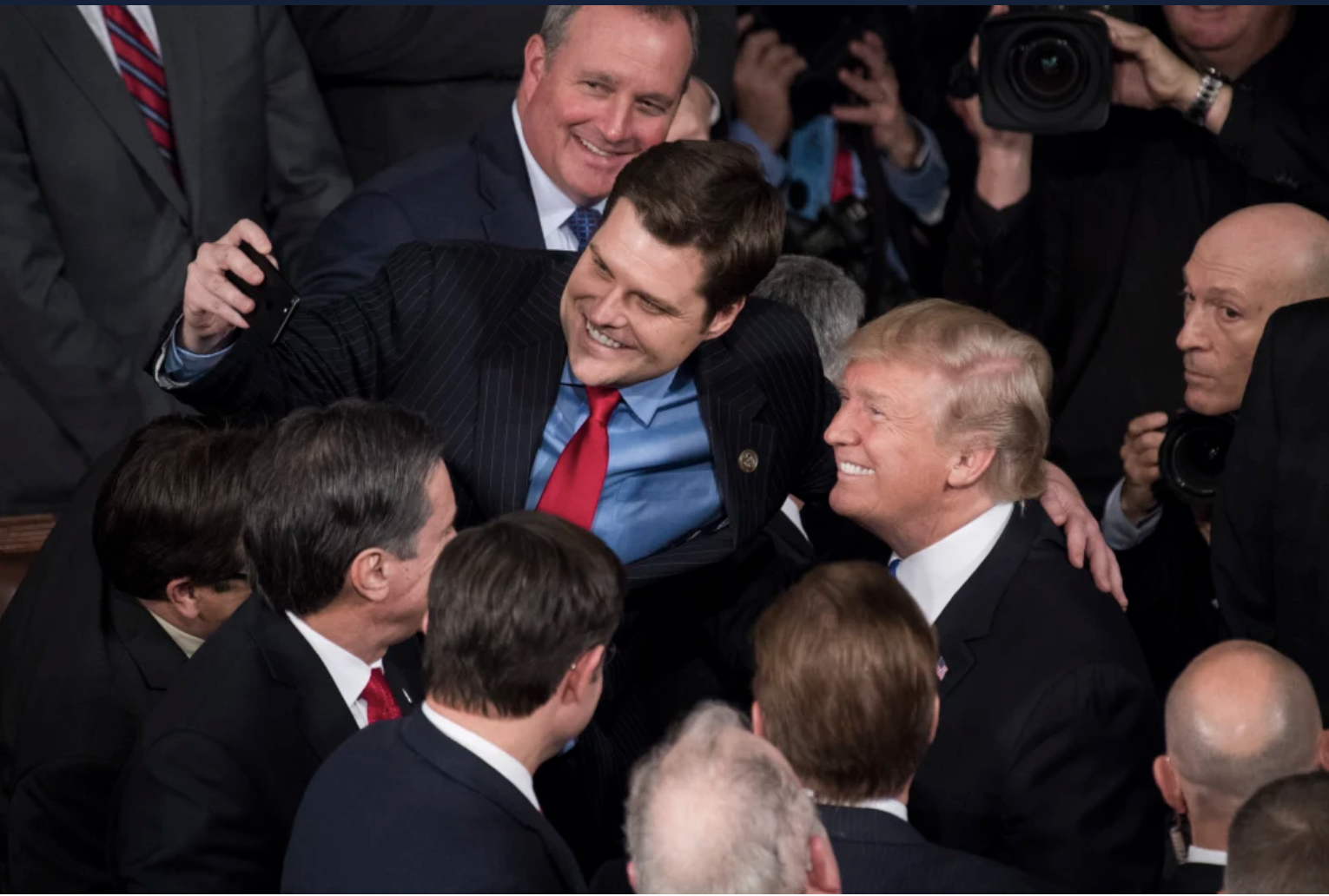




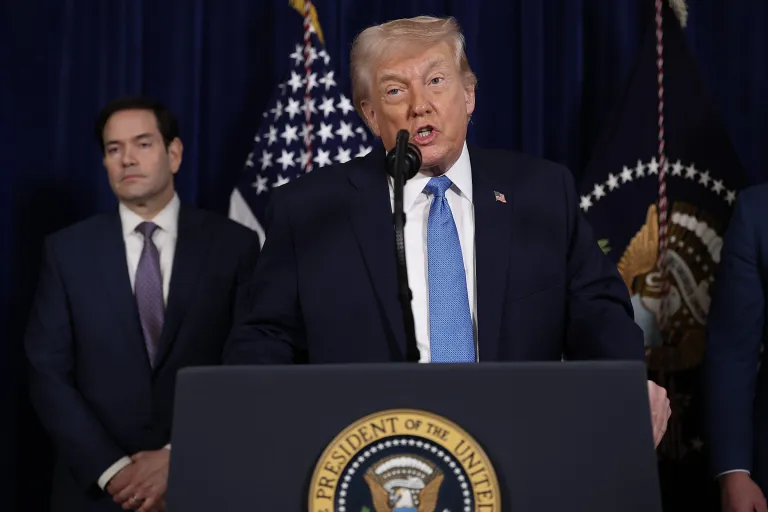
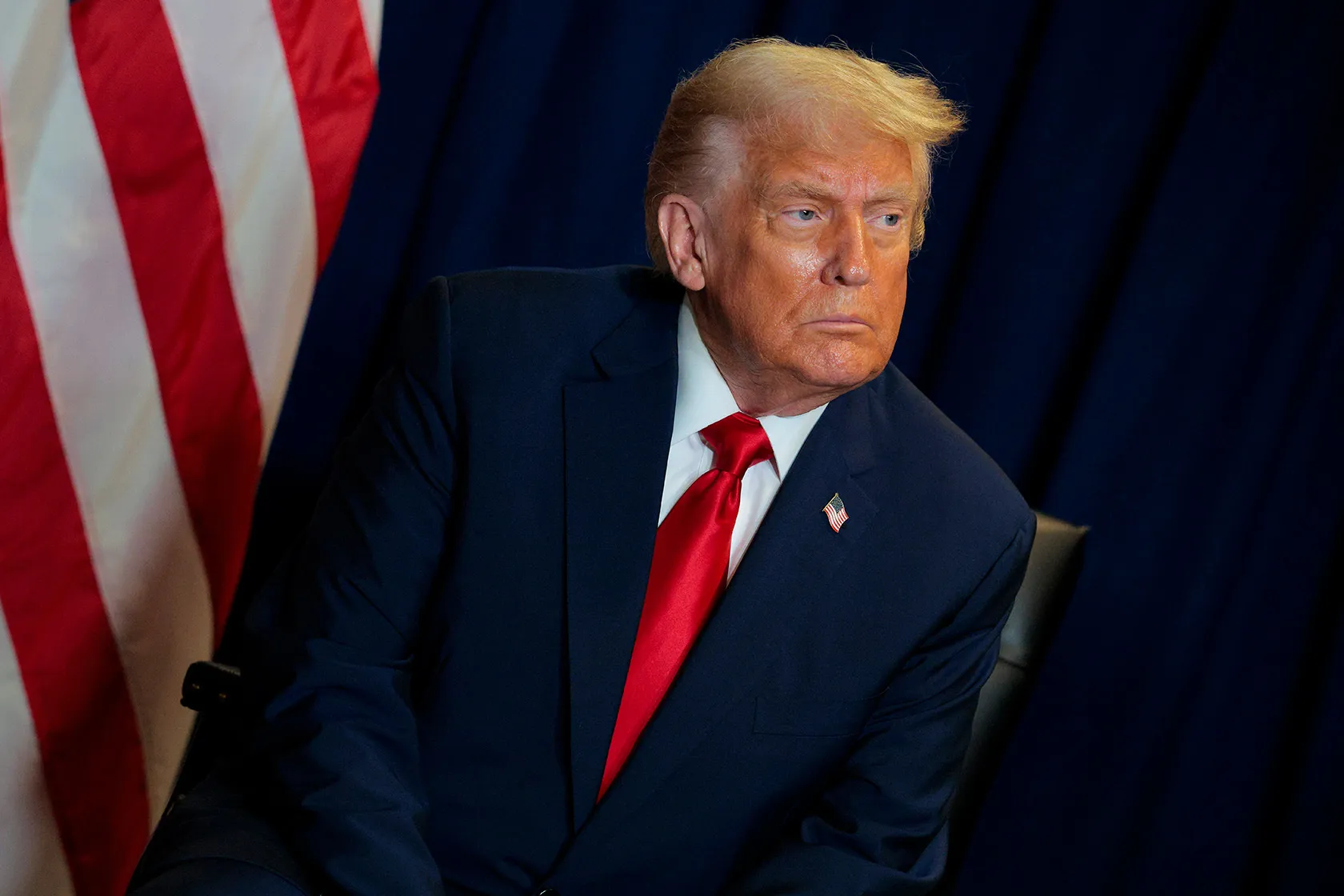
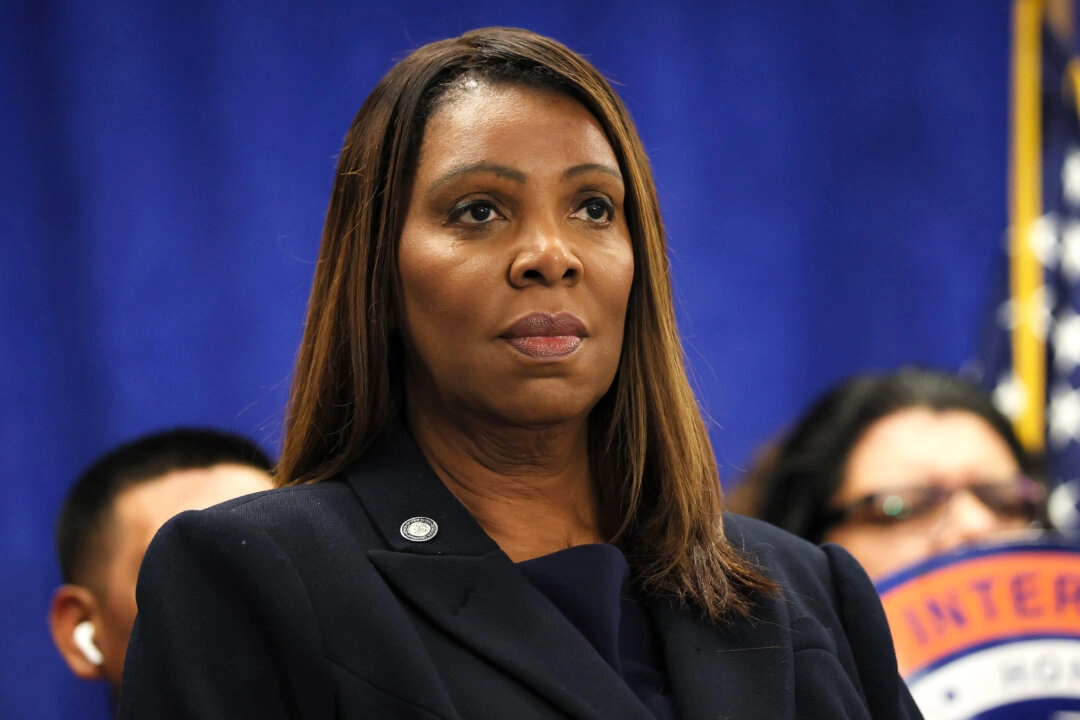



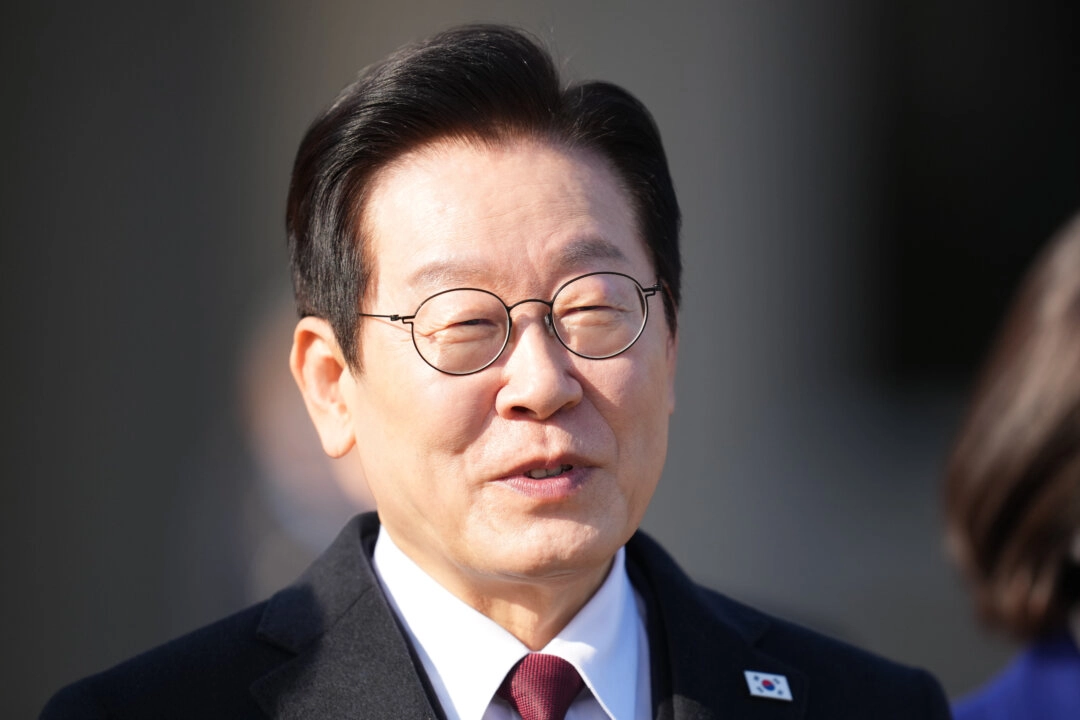
Discussion